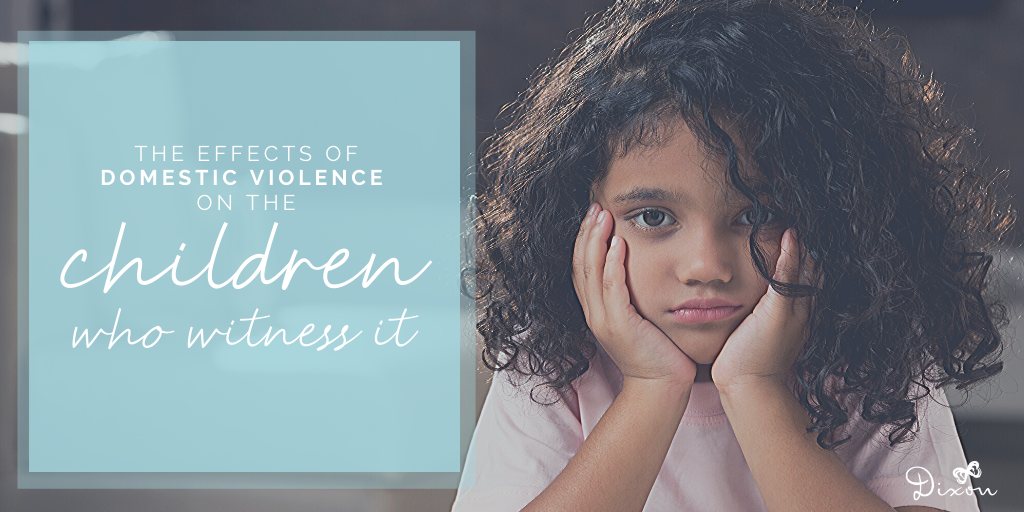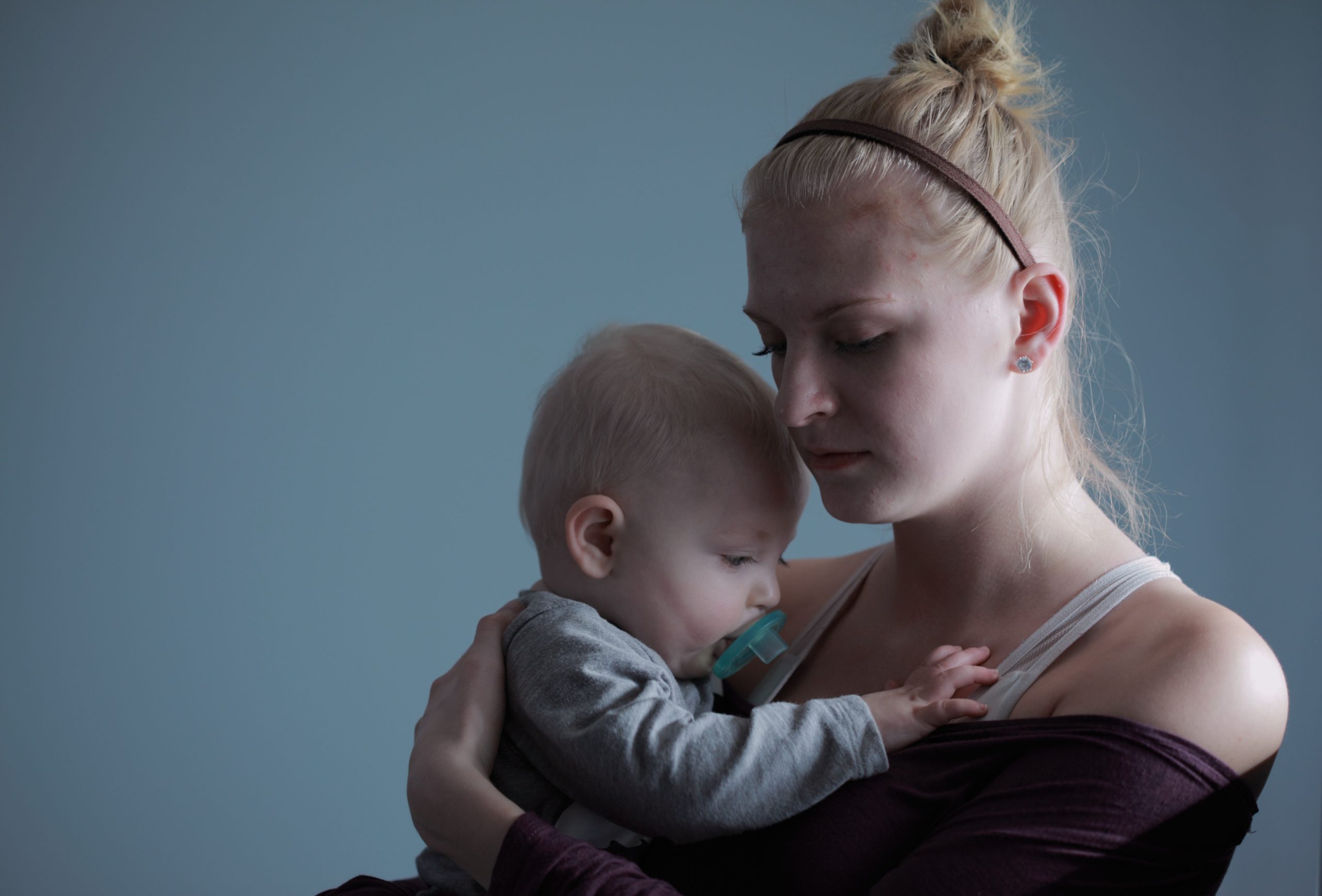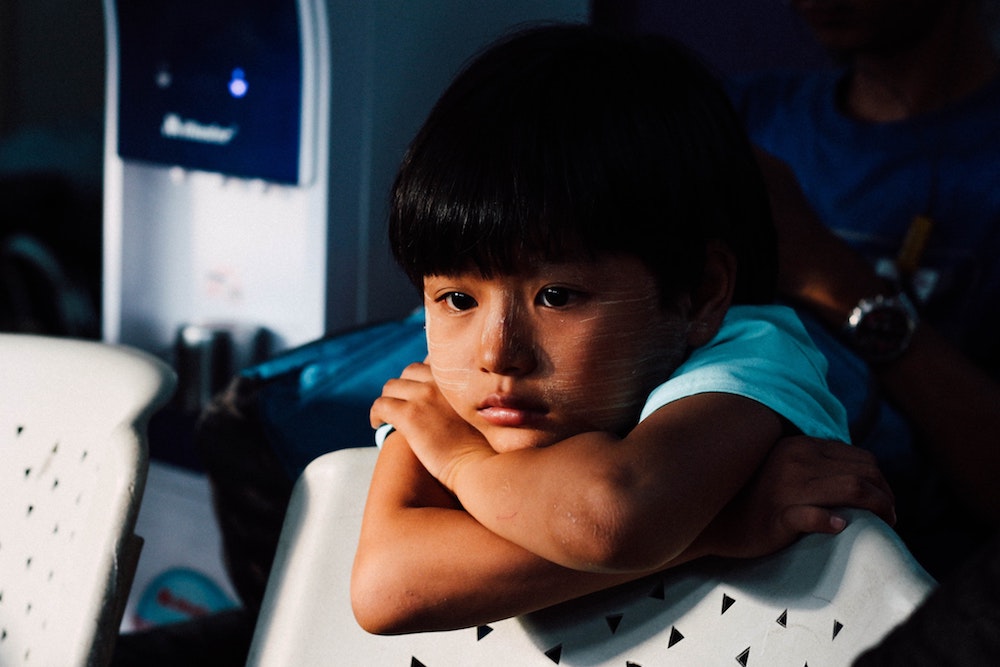
Women who experience domestic violence are not simply victims of domestic violence. They are members of our community: daughters, friends, colleagues, sisters, and more.
Many of them are also mothers.
An estimated 33% of abused women in Canada reported that their children had witnessed their abuse, representing an estimated one million children. Furthermore, the violence the children are exposed to is often severe. Statistics Canada’s Violence Against Women Survey noted that of all the women whose children witnessed their abuse, the majority (52%) feared for their lives.

What are the effects of witnessing domestic violence on children?
Witnessing violence impacts children in multiple, interconnected ways. Negative impacts in any area can impact children in other areas of their health and growth. Some impacts include:
- Physical: headaches, sleeping problems, loss of appetite, bed-wetting
- Behavioural: compromised ability to regulate emotions, increased aggression, substance abuse
- Psychological: anxiety, poor self-esteem, irritability, depression, post-traumatic stress
- Cognitive: learning problems, poor verbal or motor skills
- Social: isolation, lack of empathy, poor conflict-resolution skills
Children are not merely passive witnesses to abuse, either. Those exposed to it will actively try to problem-solve, look for ways to protect themselves and their siblings, worry about the aftermath, and assess what role they had in causing the incident.
To quote the Public Health Agency of Canada, “children are good observers and poor interpreters.”
Reaching the wrong conclusions
Consequently, there are several unhealthy lessons children may learn from witnessing abuse. Some children may come to believe that violence is an effective way to get what you want. Others may come to see unhealthy relationships as “normal.” Others might also internalize the idea that women simply aren’t as “good” as men and do not deserve the same rights.
Most commonly, children come to see the world as a dangerous and unsafe place. Children who have been exposed to domestic violence often can’t differentiate between normal family settings and conflictual settings, which implies to them that violence and every day life are one of the same.
Perhaps the most sinister effect of witnessing domestic violence as a child is that the cycle of violence perpetuates itself. Children exposed to domestic violence are at a higher risk of becoming victims or perpetrators of violence themselves. The effect is so strong that the Canadian Resource Centre for Victims and Crime has said that “the majority of male batterers have experienced or witnessed childhood violence that has left them with low self-esteem, poor role models, and sometimes traumatized.”

What does Dixon do to help children who come through our doors?
We know that experiencing trauma as a child, or as a mother who is raising a child, comes with its own unique set of challenges. Because of this, we design programs with their mental and emotional well-being in mind.
Dedicated Child Support Workers at Dixon Transition House and Wenda’s Place model healthy behaviour and emotional expression for the children. They also support the mom, if she likes, by helping her reset boundaries with her children while engaging in difficult, but respectful conversations. Child Support Workers also help with other practical concerns like making referrals, filling out forms or documentation, and so on.
Our child support program also offers fun and educational group activities, like arts and crafts sessions, workshops, story time, baking, games, and outdoor activities. The Child Support Worker also helps with homework, and getting enrolled in school or transitioning to a new school.
At Dixon House, there is a playroom full of toys and books for kids to enjoy. At both Dixon House and Wenda’s Place, there is a playground for kids to get their wiggles out. There, they can just be kids, and play with each other.
In the summer, we also offer a great summer recreation program with activities like barbecues, picnics, and field trips to places like Science World, the bowling alley, and many others! This program is always a highlight for our families and allows them to take time to enjoy, be together, and be a family instead of being forever stuck in crisis mode.
It really does take a village to raise a child, and at Dixon, we strive to be that village.
What can you do to help children who witness domestic violence?
The best way to help a child who has been exposed to violence is to end their exposure to that violence: 56% of reported cases of exposure to intimate partner violence in Canada involve repeat offences.
In order to end exposure to violence, mothers need a safe place to go. That’s where you come in! Donate to Dixon or sign up to volunteer. In doing so, you ensure that our vital support services are available to mothers and their children.
